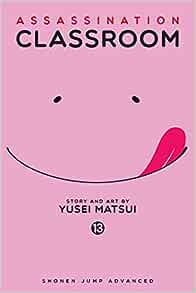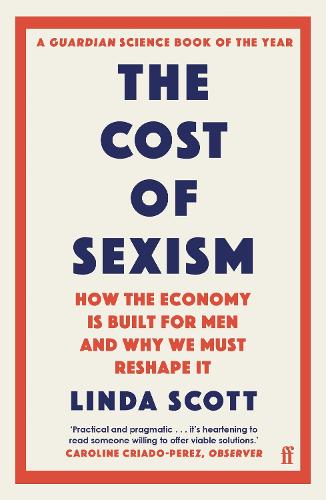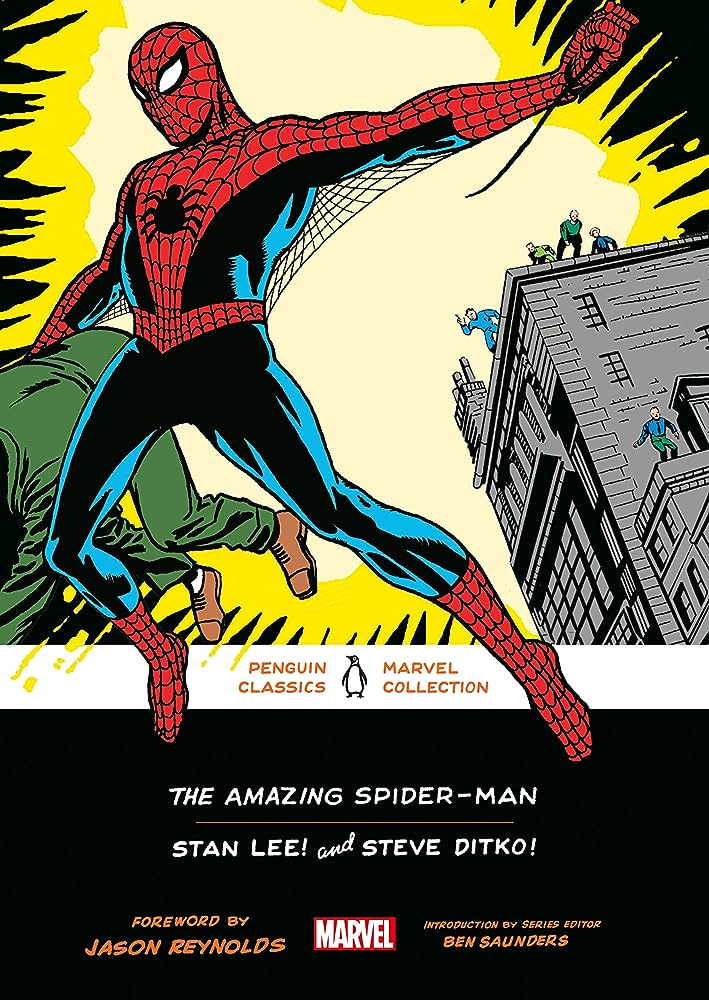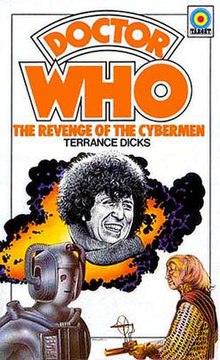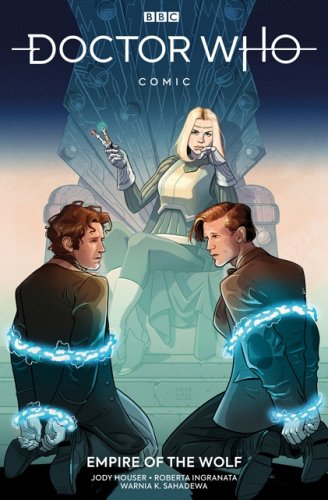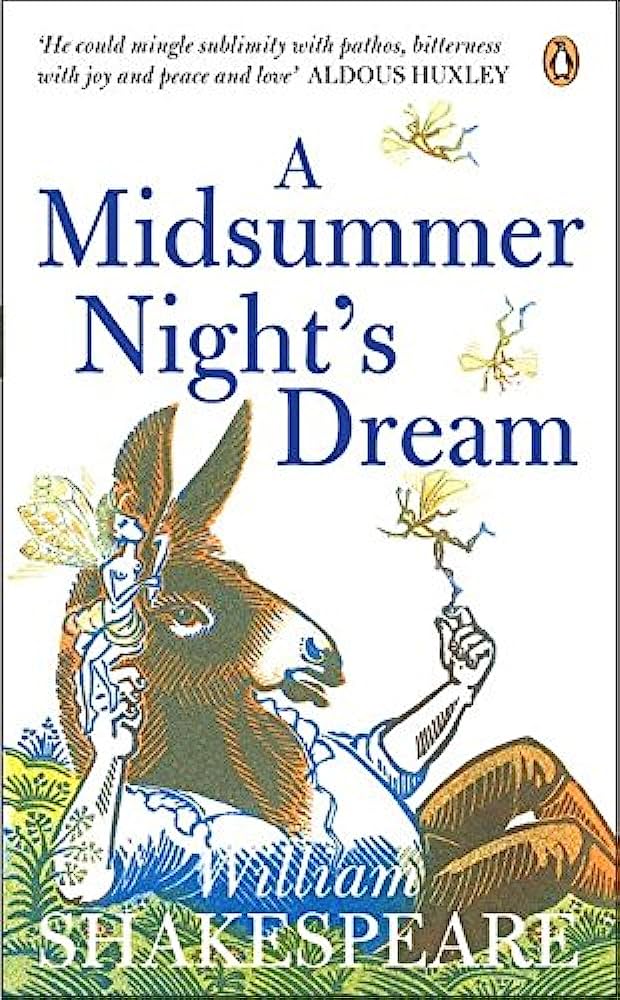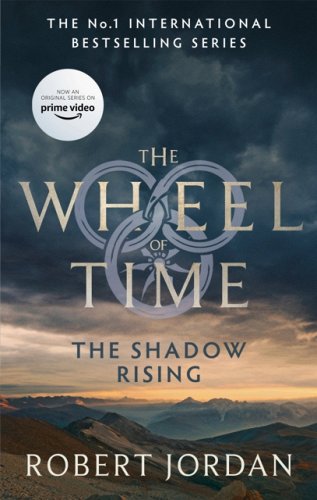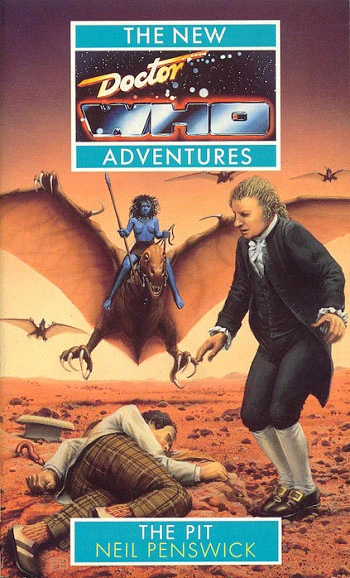As I mentioned recently, last month I went on my first trip overseas and visited Portugal for five days. It was a delightful time, full of new experiences. My friend Neus (who was responsible for me going altogether, for which I am very grateful) suggested that I make a list of my top ten new experiences on the trip, so I am now going to do exactly that.
10. Flying over the sea – the very act of flying over the ocean itself was pretty exciting for me – I didn’t actually have a window seat, but the whole flight experience puts every other type of public transport to shame… well, except one of course.
9. Riding on a ferry – technically, I’ve been on a ferry before, but I was just a child and I barely remember it, and that was a giant ferry with cars in it. This was a little ferry and I got to ride in a seat by the waves as they splashed against me. One particular ferry ride was the basis of my last blog post about the trip and probably the absolutely best moment of the whole thing.
8. Having a walk, but instead of walking on land, walking on sea – not Jesus-style, of course, but walking in a large body of warm(ish), clean, still open water is one of the nicest things I got to do while I was there. Gosh, that was a relaxing experience.
7. Putting rubbing alcohol on a cut – I was having such a good time, that even the less pleasant memories are fond ones. The sensation is rubbing alcohol on a cut is quite an interesting one, I couldn’t help but laugh at the pain – and of course, the concern shown for me by my friends Rory and Malena was very touching too.
6. Eating dinner on a roof – normally I eat dinner inside buildings, not on top of them, so that was exciting. It was especially nice because it was late at night, and everybody was there. The food was extra delicious too. Thanks, Isabelle.
5. Wearing shorts as an adult – I thought they’d be uncomfortable, but they were okay actually. I can see myself wearing them again in a hot country. Stylish, comfortable, breezy.
4. Swimming in the sea as an adult – gosh, that was amazing – doing handstands like I’m a physically fit person, enjoying the salty tingle in my eyes, getting thrown around by the waves, losing my glasses, I loved it all. One of the highlights for sure.
3. Cunnilingus – that’s what I call eating fresh and delicious watermelon on a hot night. You can call me Starry Hyles.
2. Pasteis de Nata – have you ever heard of a religious experience? Well, this was a delicious experience, which is better, because instead of a revelation about life and the nature of the universe, I had a revelation about how delicious bakery fresh cakes can be, and that’s so much more valuable to me.
1. New friends – this wasn’t my first time making friends, of course, but it was my first time making these friends, I don’t think anything will ever be more valuable to me than the consolidation of a new friendship.
Of course, there are probably countless other things I could list, but those are ten of the absolute best things. Really, I think I’m quite lucky to have made my first international trip at age 30, because I was old enough to truly take it all in and be very excited by everything that happened, whereas if I were a child, I’d probably have taken it for granted a bit more.






